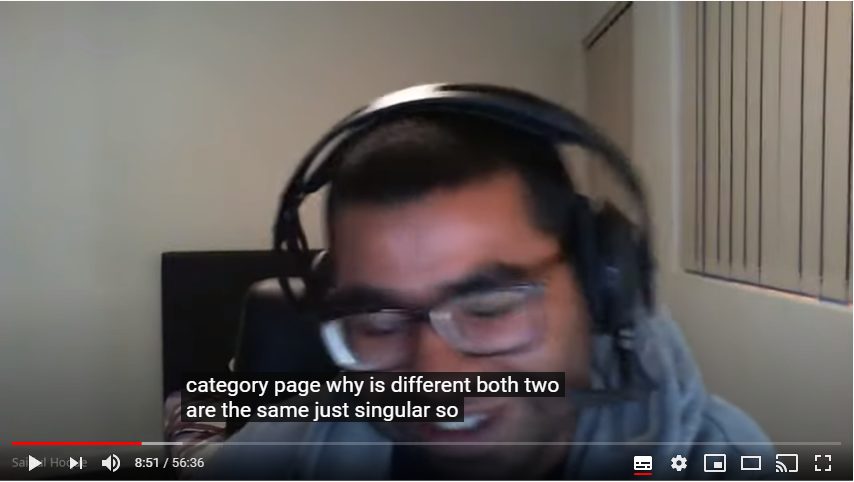In a recent webmaster central office-hours, Google’s John Muller was asked the following question:
Why does Google show different results for singular and plural keywords?
The specific question was why the search engine shows a category landing page for the singular term – the example given was [sydney garden shed] – while showing a blog post for the plural term – [sydney garden sheds]. If only one letter is changed, then why does Google sometimes show such different results? Surely both queries are looking for exactly the same thing: a garden shed supplier in Sydney?
This is something that comes up fairly often as a question for SEO specialists which means that Mueller is able to give a fairly comprehensive and detailed reply.
Singular and plural queries are not the same
Mueller said that singular and plural queries may look the same but they’re not because the user intent behind the queries is different.
Paraphrasing Mueller’s answer (full text below), he says plural queries lead to more comparative type results because the use of plural suggests a user is shopping around for multiple types of product. Essentially they are still researching while use of singular suggests the user is ready to make a purchase and wants to see the best product straight away.
Here’s the full answer quoted from the Webmaster discussion of 26 June 2020:
We would see those queries as being different… Usually with with singular and plural we do recognize that they’re synonyms more or less but we also recognize that that maybe there’s something kind of unique to one of them or to the other.
If you’re looking for a plural, maybe you’re looking more for like a list or comparison page or maybe a category page of different kinds of these items. So that’s something where our systems try to take that into account and it can result in slightly different results being shown for one or the other.
This is something that I’ve seen in a lot of examples where a singular search query is considered as more of an immediate buyer keyword, whereas a plural search query is understood by Google as a comparison keyword along the lines of “best x product” and users are shown comparison and content-type sites rather than product pages or e-commerce landing pages.
This means having a blog post ranking for that plural term is a good thing since you’re probably less likely to have a product or category page rank anyway.
But I want my best-converting page to rank for plural terms…
John expanded on what you can do if you want to get the category page ranking, but with a few caveats.
It’s is a bit tricky when you’re in that situation you’re like oh but I want my other page to rank instead of this one. You don’t want to remove that the page that you currently have ranking so you can’t really force that other than to tweak things subtly that you kind of make sure that the the right words and the right phrasing is on these pages that you link them internally properly.
It’s also worth keeping in mind that just because when you take a step back that these words or these queries sound very similar and they seem very much the same it might well be that users do treat them as different queries and do expect different kinds of results. So before just jumping in and saying oh I need to have the same page rank for both of these, maybe check with some other people to see does it make sense to change this. Is this something where it’s actually not that bad?
Another thing you could do with the page that’s currently ranking is to put some kind of a call to action on it and say “hey if you’re looking for this, also check out this other page”.
(Text is taken from English Google Webmaster Central office-hours from June 26, 2020 under CCBY)
This was a clear question with a good answer from John Mueller so I thought I’d cover it here in the blog as a resource straight from Google about how they treat plural and singular terms and why these can mean very different things.
Watch the section of the discussion about singular v plural below:


